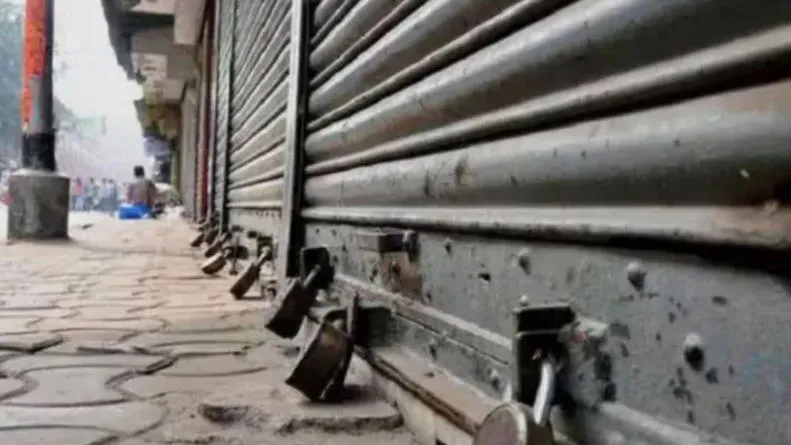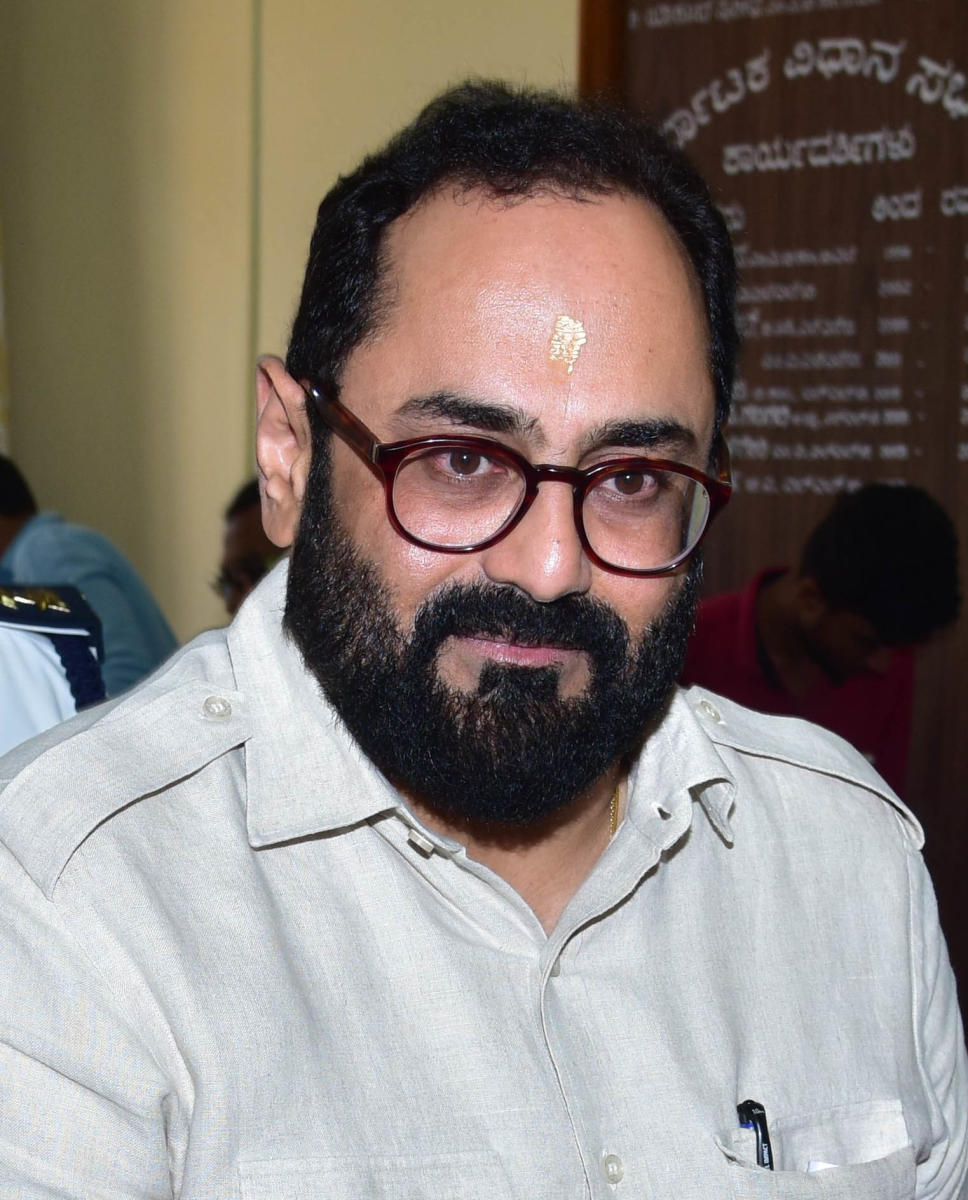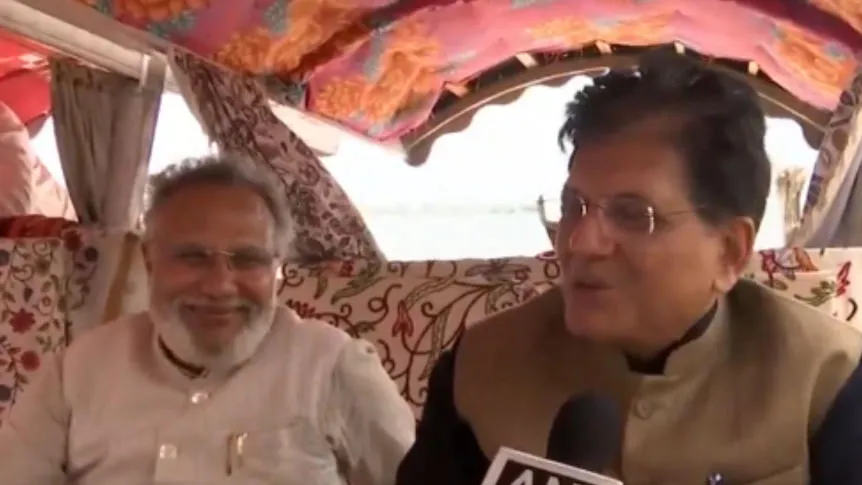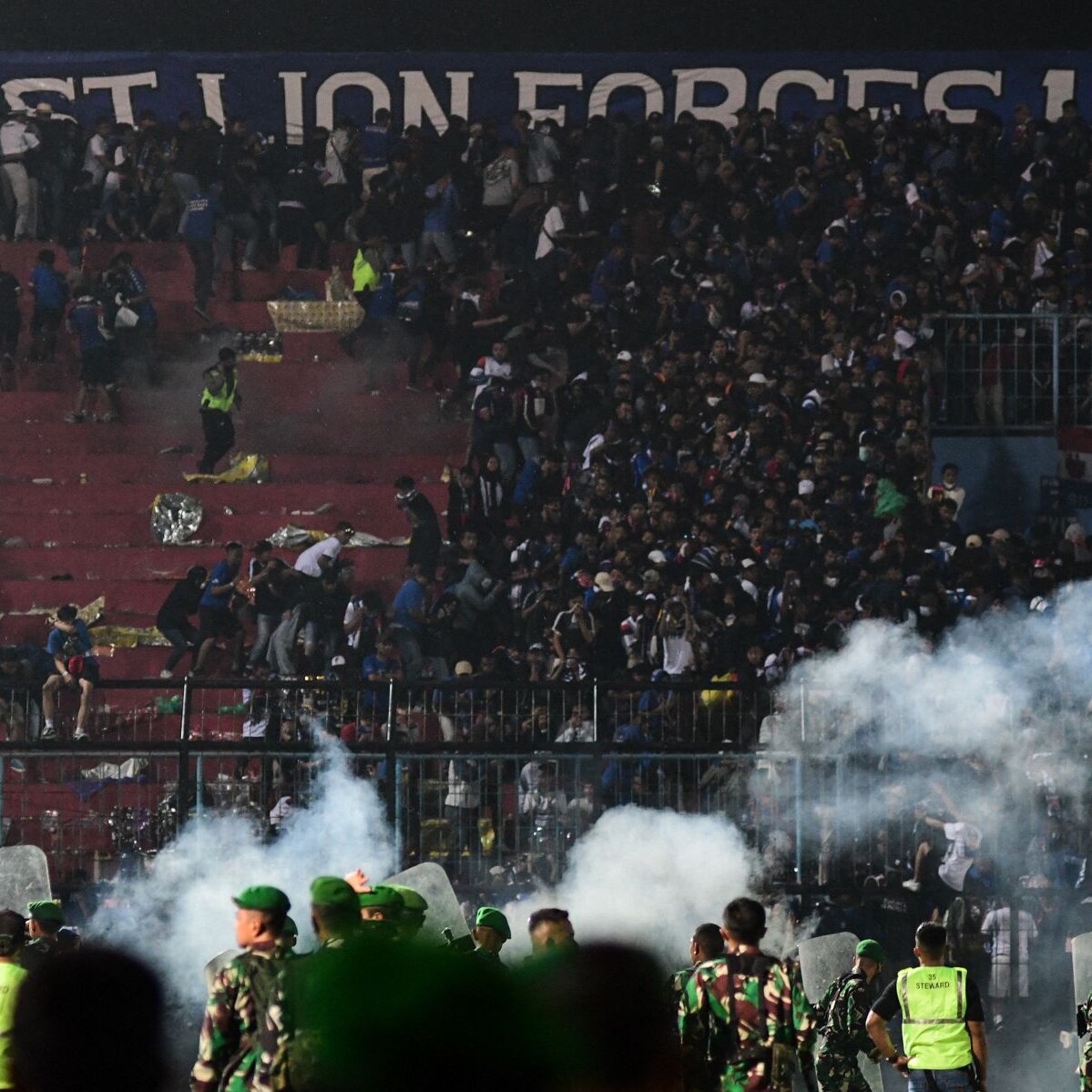Chari, a veteran RSS leader, was jailed during the Emergency, witnessed police oppression and the suppression of fundamental freedoms firsthand.
NEW DELHI: Veteran RSS leader and former editor of the English weekly Organiser, who was an office bearer of the Bhartiya Jan Sangh (BJS), went underground during the infamous Emergency and later jailed in Mumbai’s Arthur Road jail, shares his experience of the dark days. Here are the excerpts from an interview with Dr Seshadri Chari:
Q. In hindsight, what do you believe was the most severe impact of the Emergency on ordinary citizens?
A. Initially the Emergency was seen as a temporary issue and the ordinary people believed that it would be withdrawn after some time. But gradually, the ‘police raj’ began to hit the people hard. Many RSS workers were detained and people living around these swayamsevaks realised that a nationalist organisation was being vilified and innocent people were being jailed for no fault of theirs. Later, when excesses of Emergency mainly in police stations and jails were reported by underground pamphlets and spread by word of mouth, people were agitated. All the goodwill that Indira Gandhi had gained during the Bangladesh liberation war was squandered away by her with this one single reckless act of imposing Emergency.
As days passed, people realised that Emergency was all about protecting her power and position as the prime minister in the wake of the Allahabad High Court judgement unseating her for malpractices in election. Veteran Congress leaders who were victims of her dictatorial tendencies and actions opposed her in 1969 but soon became powerless in 1971 when Indira Gandhi won the general elections with a comfortable margin. The “Garibi Hatao” slogan worked for her and people reposed faith in her leadership. But this was not a vote against the “old guards” as the veteran leaders of the party were called then. Meanwhile the only opposition party, the Bhartiya Jan Sangh was gaining momentum and public support.
During the run up to the Bangladesh liberation struggle, the BJS was steadfastly supporting her as annulment of Partition (though partially) as it was one of the core agenda of the BJS and the RSS. It was very clear that four years after 1971 there was no major external threat in 1975 except the legal and moral challenge to her power and position. Within a short span of about six months people in general realised the true reasons for imposing Emergency and Indira Gandhi lost her credibility and stature that she had gained.
Q. As you personally witnessed those days, what lasting scars or memories has that period left on your life?
A. Several senior RSS and opposition leaders were behind bars during Emergency and day to day activities of the RSS were suspended. It was painful to see senior RSS workers being forced out of their homes at midnight and taken to jail in front of their family members and neighbours. These workers provided moral leadership to the places of their residence and were at the forefront in any calamity and unfortunate incidence. Their spartan lifestyle and ready for selfless service had earned them respect and love from people around them. Many of them lost their jobs, developed health issues due to inhuman treatment in jail and lack of medical attention. This left an indelible scar in several young workers at that time. It is notable that none of those RSS workers who suffered during Emergency ever lined up before the government for benefits like the ‘freedom fighter’ tag that several Congressmen vied for in the fifties and sixties.
Q. What immediate changes did you see in your everyday life once the Emergency was declared?
A. One noticeable feature during the Emergency was the fear of the police raj and oppression by government agencies coupled with the feeling of despondency that no one is there to voice people’s concerns and woes. Several instances of highhandedness by government staff and police personnel were reported during the Emergency. There was a general atmosphere of distrust leading to fear. One of the slogans during Emergency voiced by veteran Gandhian Vinoba Bhave was “Nirbhay bano”. This would suggest the extent of fear in the minds of the people.
Q. If you could convey one message about the Emergency to today’s youth, what would you want them to know?
A. There were several workers of RSS who left their cushy jobs and became full time workers dedicating their lives for the nation. The younger generation should remember that all our wealth and achievements in personal life is devoid of value if the nation suffers ignominy and fundamental freedoms are imperilled.
Q. What key lessons do you feel the younger generation should take away from that chapter in our history?
A. Without doubt, the Emergency was the darkest period in our history. It exemplified to what extent a politician can go out of greed for power and pelf. The final arbitrators of democratic rights should be the people and no one in power can be trusted fully with power. Power of the people and their eternal vigil alone can guarantee freedom. Freedom, justice, courage of conviction and human dignity are not tradable with any amount of wealth or authority.





















